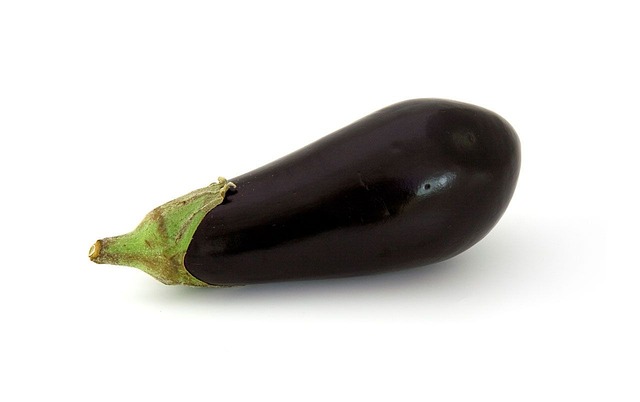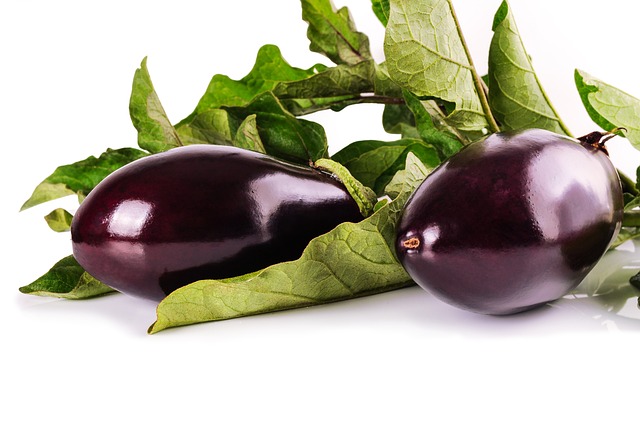Brinjal, also known as eggplant or aubergine, is a versatile vegetable enjoyed in cuisines around the world. While it often plays a supporting role in dishes, its nutritional profile and potential health benefits are noteworthy. In this article, we delve into the various ways brinjal can contribute to overall health and well-being.

Rich in Nutrients
Brinjal is a low-calorie vegetable that is high in essential nutrients. It contains vitamins, minerals, and antioxidants that are beneficial for health. One cup (82 grams) of cooked brinjal provides the following nutrients:
– Fiber: 2.5 grams
– Vitamin C: 3% of the Recommended Daily Allowance (RDA)
– Vitamin K: 4% of the RDA
– Vitamin B6: 3% of the RDA
– Folate: 4% of the RDA
– Potassium: 4% of the RDA
– Manganese: 5% of the RDA
Health Benefits of Brinjal
Antioxidant Properties
Brinjal contains phytonutrients such as nasunin, chlorogenic acid, and anthocyanins, which possess antioxidant properties. These compounds help neutralize harmful free radicals in the body, reducing oxidative stress and lowering the risk of chronic diseases such as heart disease and cancer.
Heart Health
Brinjal contains fiber, potassium, and antioxidants that promote heart health.. Fiber helps lower cholesterol levels, while potassium helps regulate blood pressure by counteracting the effects of sodium. Additionally, the antioxidants in brinjal may protect heart cells from damage caused by oxidative stress.
Weight Management
Brinjal is a low-calorie, nutrient-dense food that can be beneficial for weight management. Its high fiber content promotes satiety, helping you feel fuller for longer periods and reducing overall calorie intake. Including brinjal in a balanced diet can support weight loss and weight maintenance goals.

Blood Sugar Control
Some research suggests that certain compounds in brinjal may help regulate blood sugar levels. Chlorogenic acid, for example, may improve insulin sensitivity and reduce blood sugar spikes after meals. However, more studies are needed to fully understand the effects of brinjal on blood sugar control.
Digestive Health
The fiber content in brinjal supports digestive health by promoting regular bowel movements and preventing constipation. Additionally, fiber acts as a prebiotic, nourishing beneficial bacteria in the gut and promoting a healthy gut microbiome.
Cancer Prevention
The antioxidants present in brinjal, particularly anthocyanins, have been studied for their potential cancer-fighting properties. These compounds may help inhibit the growth of cancer cells and protect against certain types of cancer, although more research is needed to confirm these effects.
Conclusion
Brinjal is a nutritious vegetable that offers a range of health benefits. From its antioxidant properties to its potential role in heart health, weight management, and digestive health, brinjal can be a valuable addition to a balanced diet. Incorporating brinjal into meals in various forms, such as grilled, roasted, or sautéed, can help you reap its nutritional rewards while enjoying its delicious flavor.












